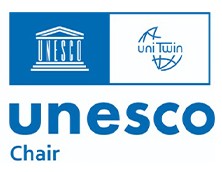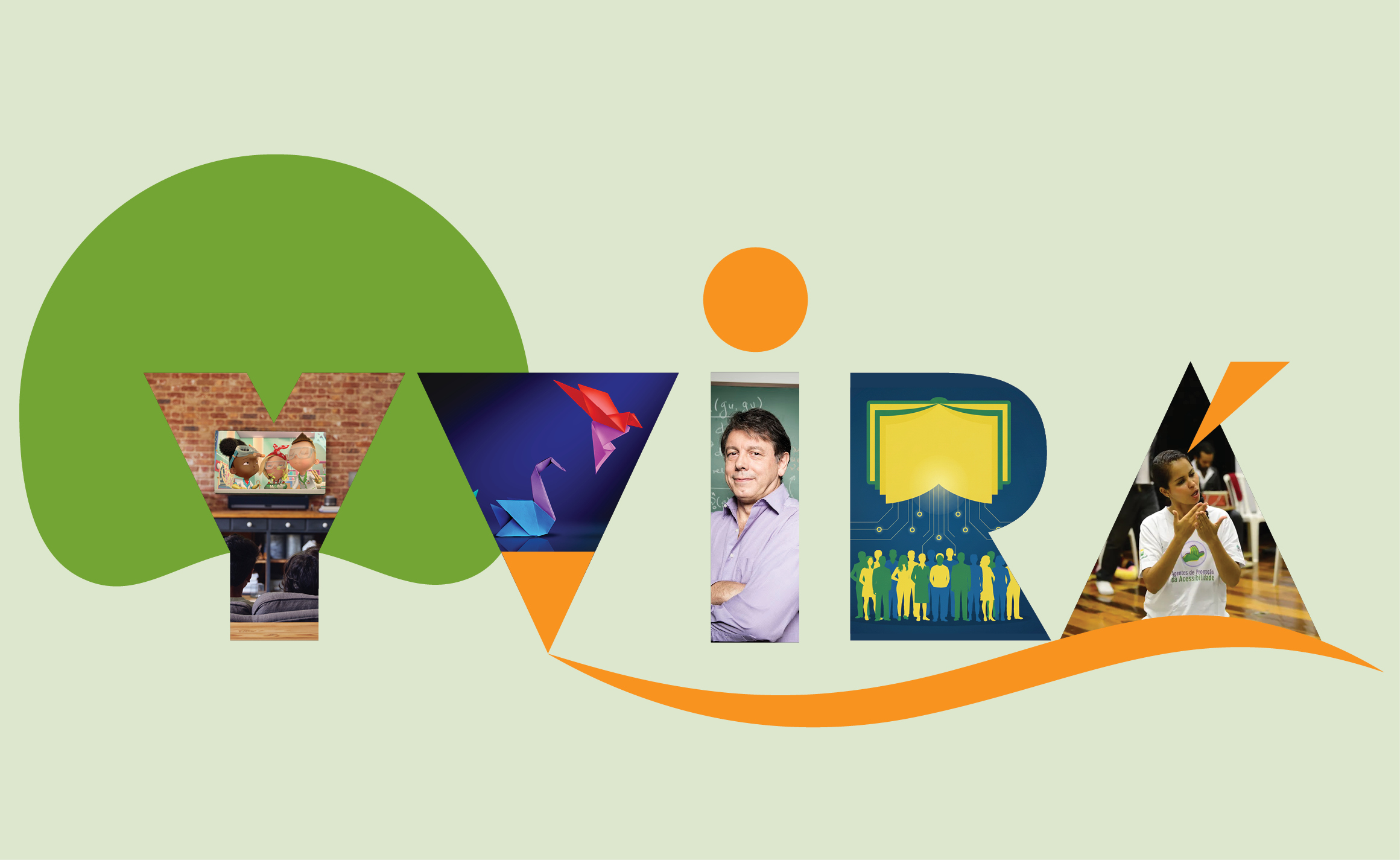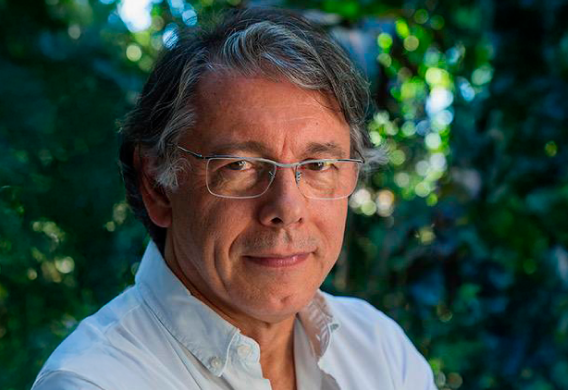
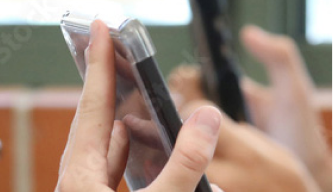
What about?
Teacher training
In this section, experts invited by YVIRÁ answer questions sent by teachers who are part of the National Network of Science for Education (Rede CpE) as “Friends of the Network”.
In this first publication, we address issues related to the training of teachers who work in Special Education. The answers were provided by Enicéia Gonçalves Mendes, from the Postgraduate Program in Special Education at the Federal University of São Carlos (UFSCar).
How can training prepare teachers to promote inclusive education, ensuring accessible strategies and resources for students with disabilities?
Submitted by Ana Lucia de Albuquerque Moniz, Special Education teacher, Nilópolis - RJ
Enicéia Gonçalves Mendes
Programa de Pós-Graduação em
Educação Especial da Universidade
Federal de São Carlos (UFSCar).
“It is the responsibility of the government to ensure the inclusion of curricular content, in higher education courses and technical and technological professional education, of topics related to people with disabilities. Unfortunately, this has not yet been accepted by most institutions that train teachers.”
“This training should be aimed at improving teachers’ interpersonal and communication skills, to encourage collaborative work between regular and special education teachers.”
Enicéia Gonçalves Mendes
Programa de Pós-Graduação em
Educação Especial da Universidade
Federal de São Carlos (UFSCar).
In Brazil, the Law of Guidelines and Bases of National Education – LDB, from 1996, provides the training of two types of teachers: one to work in regular classrooms, and another to support students with disabilities, which would be the Special Education teacher. In the case of initial training for regular education teachers, Law 13.146, the Brazilian Law for the Inclusion of Persons with Disabilities (Statute of Persons with Disabilities), from 2015, states that it is the responsibility of the government to ensure the inclusion of curricular content, in higher education courses and technical and technological professional education, of topics related to people with disabilities.
Unfortunately, this has not yet been accepted by most institutions that train teachers. And although some institutions comply with this requirement, research has shown many problems in these offerings, such as: restriction to only certain courses, generally in Pedagogy, insufficient or inadequate content and/or the optional nature of the subjects.
“It is the responsibility of the government to ensure the inclusion of curricular content, in higher education courses and technical and technological professional education, of topics related to people with disabilities. Unfortunately, this has not yet been accepted by most institutions that train teachers.”
Therefore, the measures needed to improve teacher training in Brazil involve: 1) ensuring that content is mandatory; 2) ceasing to study the categories of disabilities according to the biological model, to emphasize more the social model and universalist practices, which aim at making teaching accessible to all students; and 3) preparing teachers to develop skills that favor culture and collaborative work in the school context.
In the case of training Special Education teachers, continued training in specialization courses was encouraged for a long time, and a teacher graduated from any undergraduate faculty could take a specialization course of at least 360 hours to also become qualified to take up a position as a Special Education teacher.
Unfortunately, this policy of continuing education ended up favoring the growth of private and distance learning courses, which are financially burdensome for those who wish to pursue this career and do not guarantee the necessary training to work as Special Education teachers.
Recently, there has been a trend towards the creation of specific undergraduate courses in Special and/or inclusive Education, although minimum curricular guidelines for these courses have yet to be defined. It is also worth noting that most of these courses are private institutions and there are only three public universities in Brazil that currently offer this specific undergraduate course: the Federal University of Santa Maria (RS), the University of São Carlos (SP) and the Rural University of Rio de Janeiro (RJ).
“This training should be aimed at improving teachers’ interpersonal and communication skills, to encourage collaborative work between regular and special education teachers.”
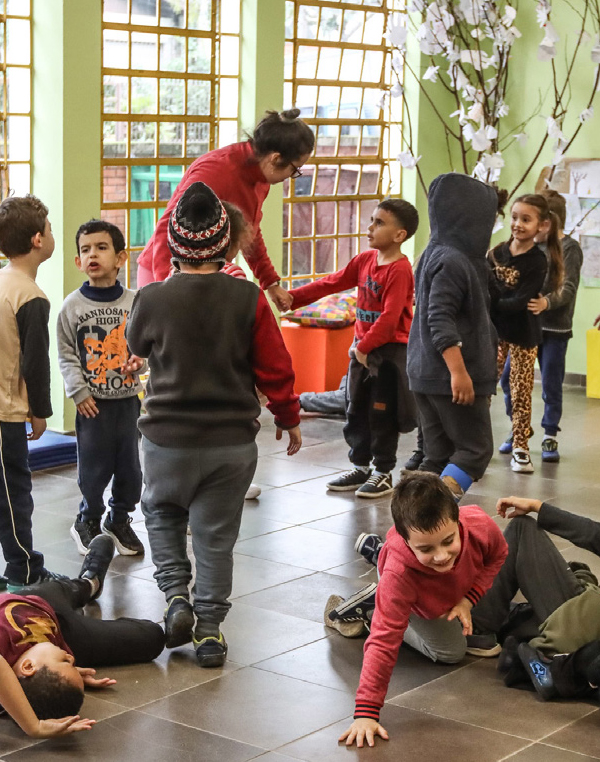

What about?
Teacher training
How does continuing education in Special Education contribute to the development of inclusive practices by Elementary School teachers? And what can we do in the regular classroom to better include students in public special education, considering Brazil's educational scenario?
Submitted by Sheila Garbulha Tunuchi de Campos, teacher specializing in Intellectual Disabilities in Elementary School, municipal school system of Porto Feliz – SP
Enicéia Gonçalves Mendes
Programa de Pós-Graduação em
Educação Especial da Universidade
Federal de São Carlos (UFSCar).
Enicéia Gonçalves Mendes
Programa de Pós-Graduação em
Educação Especial da Universidade
Federal de São Carlos (UFSCar).
In addition to initial training, it is necessary to provide opportunities for ongoing training for all teachers, which can happen in several ways. However, the most effective proposals, which are the responsibility of the education systems or networks, have been training aimed at in-service teachers, which consider the “school floor”, or the real experiences and challenges faced by teachers, and which combine theory and practice.
This training should be aimed at improving teachers’ interpersonal and communication skills, to encourage collaborative work between regular and special education teachers, and to learn how to plan and teach accessible classes, which allow for differentiating instructions, content, tasks and assessment methods to contemplate the diversity of interests, learning styles, strengths and weaknesses of all students.

